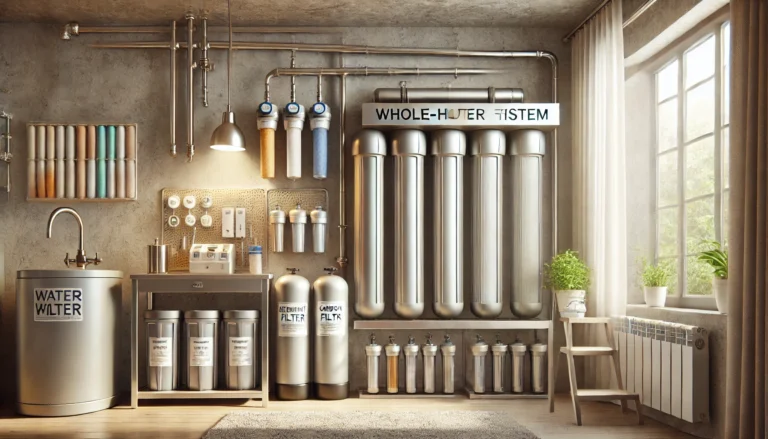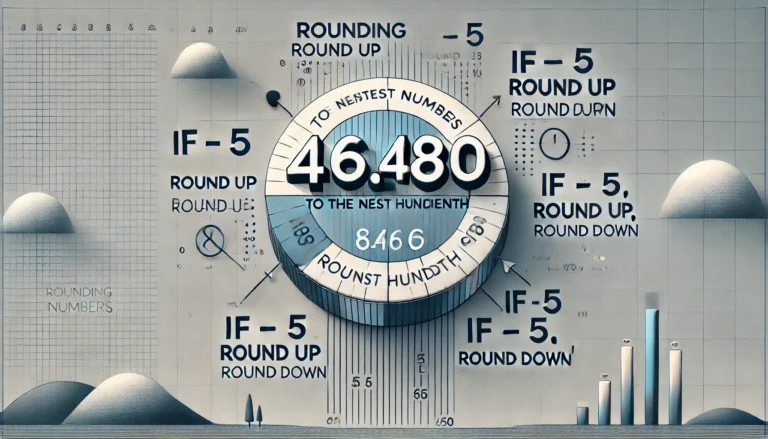Durable Metal Roofing Materials for Your Home | AllRoofing.info

Durable Metal Roofing Materials for Your Home | AllRoofing.info
The Ultimate Guide to Metal Roofing: Benefits and Types for Homeowners
Metal roofing has gained significant popularity due to its durability, aesthetic appeal, and energy efficiency. At allroofing.info, metal roofing is a primary focus, offering a wide range of residential metal roofing materials and options for residential and commercial buildings. Whether you’re a homeowner looking to enhance the lifespan of your roof or a builder considering metal roofing for a project, understanding the types, materials, and advantages of metal roofing is essential.
Advantages of Metal Roofing
One of the main benefits of metal roofing is its exceptional durability. Metal roofs can withstand harsh weather conditions, including heavy rain, high winds, and extreme temperatures. This durability is why homeowners and builders frequently choose metal roofing as a roofing solution. In fact, a properly installed metal roof can last 40 to 70 years, far exceeding the lifespan of traditional asphalt shingles, which typically last 15 to 20 years.
Energy efficiency is another key factor. Metal roofs reflect solar heat, reducing cooling costs by up to 25% in warmer climates. This energy-saving benefit makes metal roofing a smart choice for environmentally conscious homeowners.
Different Types of Metal Roofing Materials
Metal roofing materials vary widely, with metal roofing materials used in each, offering unique characteristics and benefits. Below is a breakdown of the popular options available at allroofing.info:
- Steel Roofing: Known for its strength and durability, steel roof options are popular in residential and commercial applications. Steel roofs require minimal maintenance and can be treated with coatings to prevent rust and corrosion.
- Aluminum Roofing: Aluminum roofing panels are lightweight, rust-resistant, and ideal for coastal areas, which makes them a great choice in metal roofing systems. Aluminum is a durable yet softer metal, which makes it less prone to cracking under extreme weather conditions, especially when using metal roofing systems.
- Copper Roofing: As one of the oldest and most attractive types of metal roofing, copper roofing is known for its natural beauty and ability to develop a unique patina over time. This option is often chosen for aesthetic appeal in historical or high-end residential properties.
- Zinc Roofing, a type of roofing, is known for its durability and longevity.: Like copper, zinc roofing is a sustainable option as it is recyclable at the end of its life cycle. also ages beautifully and offers excellent durability. It is a recyclable material and often used for premium projects due to its unique appearance and resistance to corrosion, particularly in metal roofing systems.
- Tin Roofing: Though less common today, tin roofing is a traditional type of roofing, but metal roofing has gained popularity for its benefits. is a traditional type of roofing, but metal roofing has gained popularity for its benefits. is still an option for certain types of installations and can be cost-effective.
Types of Metal Roofing Designs
In addition to choosing the type of metal, homeowners have several options when it comes to the design and structure of their metal roofs:
- Standing Seam Metal Roofs: This type of metal roofing has raised seams that interlock to prevent water penetration. Standing seam is a favorite choice among roofing contractors for its clean lines and durability.
- Corrugated Metal Roofs: Often used for residential and commercial buildings, corrugated metal roof panels offer a unique, wavy design. These are generally more affordable and provide excellent protection against the elements.
- Metal Shingles and Tiles: Metal shingle roofs mimic the appearance of traditional shingles but offer the durability and longevity of metal. Metal tiles are also available in various designs, including metal slate, to suit different aesthetic preferences.
Metal Roofing Installation and Cost
When considering installing a metal roof, it’s essential to note the upfront cost may be higher than traditional roofing materials like asphalt shingles. However, the cost of metal roofing is often offset by its longevity, low maintenance, and energy-saving benefits. Metal roofs require minimal maintenance compared to other types, reducing long-term upkeep costs.
Metal Roofing’s Environmental Impact
Many metal roofing materials are environmentally friendly. They are made from recyclable materials and can be recycled at the end of their lifespan. Metal roofs also reflect solar energy, making them an eco-friendly choice that reduces the urban heat island effect.
Choosing the Right Metal Roofing for Your Home
When choosing a metal roof for your home, consider the type of metal chosen, the design that suits the appearance of your home, and your budget, will determine the best type of roofing for your project. Allroofing.info offers a variety of options and expert guidance, helping you select the best roofing solution to meet your specific needs.
Conclusion: Is Metal Roofing Right for You?
With its combination of durability, energy efficiency, and aesthetic appeal, metal roofing is an excellent choice for many homeowners. Though metal roofing has a higher initial investment, its longevity, energy efficiency, and minimal maintenance make it a worthwhile option. For more information on metal roofing at allroofing.info and to explore the different types of metal roofing available, visit our website for expert advice and quality roofing solutions.
From corrugated metal roofing panels to standing seam metal roofs are a popular choice in modern metal roofing systems. are a popular choice in modern metal roofing systems. and metal shingles, there’s a metal roofing option for every style and budget.
1. What is the lifespan of a metal roof compared to traditional asphalt shingles?
Answer: A metal roof can last between 40 to 70 years, depending on the type of metal and maintenance, while traditional asphalt shingles generally last only 15 to 20 years. Metal’s durability makes it a long-term solution, requiring fewer replacements over the years, which can be more cost-effective in the long run.
2. Are metal roofs energy-efficient?
Answer: Yes, metal roofs are highly energy-efficient. They reflect solar heat, which can reduce cooling costs by up to 25% in warmer months. This energy efficiency is one of the primary reasons homeowners choose metal roofing, especially in hot climates, as it helps maintain a cooler indoor temperature.
3. What types of metal roofing materials are available?
Answer: The most popular materials include steel, aluminum, copper, zinc, and tin. Each type of metal offers unique benefits. For example, steel is known for its strength, aluminum is lightweight and rust-resistant, and copper has a distinct aesthetic appeal due to its patina over time, making them all excellent materials used in metal roofing.
4. How much maintenance does a metal roof require?
Answer: Metal roofs require minimal maintenance compared to traditional roofing materials. They are resistant to cracking, shrinking, and erosion, and they perform well under extreme weather conditions, including heavy rain, making them ideal for a residential metal roof. Basic maintenance, like occasional cleaning and checking for debris, is typically sufficient to keep a metal roof in good shape.
5. Is the upfront cost of metal roofing worth it?
Answer: Although the initial cost of metal roofing is higher than that of materials like asphalt shingles, it’s often worth it due to its durability, energy efficiency, and low maintenance requirements. Metal roofs have a longer lifespan, reducing the frequency and cost of replacement. Over time, the savings on cooling and maintenance can offset the upfront expense, making metal roofing a worthwhile investment.






